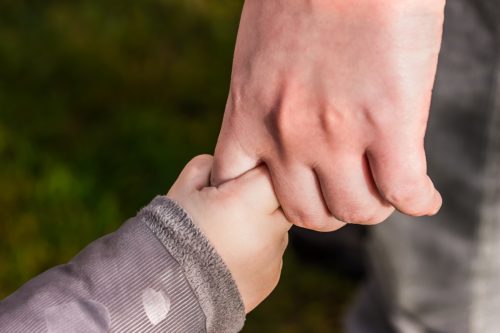
Child custody is an extremely delicate matter. When determining custody, a court is working to do what is in the child’s best interest. In order to better understand how substance abuse can affect custody, it is important to understand the different types of custody, how custody is determined, and what happens when a parent loses custody. Read on to learn more.
What are the Different Types of Custody?
There are two main types of custody in New Jersey:
- Physical custody: This refers to the parent or guardian who has the child more nights per week. The child’s nights may also be evenly divided, depending on what works best.
- Legal custody: This refers to the parent who makes the important decisions regarding the child. These decisions may include issues such as academics and medical options, among others. It is important to note that both parents have the opportunity for legal custody, even if only one parent has physical custody.
Sole custody is a rare form of custody. For the most part, a New Jersey court believes that a child benefits from having a relationship with both parents. As a result, sole custody is awarded when the court deems one parent unfit. This means that the fit parent is fully responsible for the child. The unfit parent may have supervised or unsupervised visitation rights, depending on the situation.
How is Custody Determined in New Jersey?
When determining custody, a New Jersey court will take the following factors into account:
- Each parent’s ability to cooperate
- Each parent’s acceptance of custody
- Any history of domestic violence or substance abuse
- The bond between the child and each parent
- The specific needs of the child
- The age and health of the child
- Each parent’s ability to act as a guardian
- Each parent’s ability to provide a stable home life for the child
- Each parent’s financial situation
- The child’s opinion if they are of an appropriate age
Why do Parents Lose Custody?
Some reasons that parents will not be awarded custody, or will lose their custody rights include:
- Neglect
- Physical abuse of the child
- Mental/emotional abuse of the child
- Domestic violence
- Alcohol and drug abuse
- Child abduction
- Unwillingness to co-parent
Losing custody does not have to be permanent. In order to regain custody, you will need to request an evaluation. You will also have to show proof that you have addressed the issues that caused you to lose custody in the first place. For example, if drug abuse was the cause, you may have to complete an addiction program. It is important to be patient, respectful, follow the law vigilantly, and report to all hearings. A family law attorney can help you through the process.
Contact our Firm
If you require experienced legal representation for a matter of Family Law, Supplemental Security Income, Medical Malpractice, Social Security Disability, or Legal Malpractice, Siragusa Law Firm is here to help. Contact our firm today to schedule a consultation so we can discuss your case.